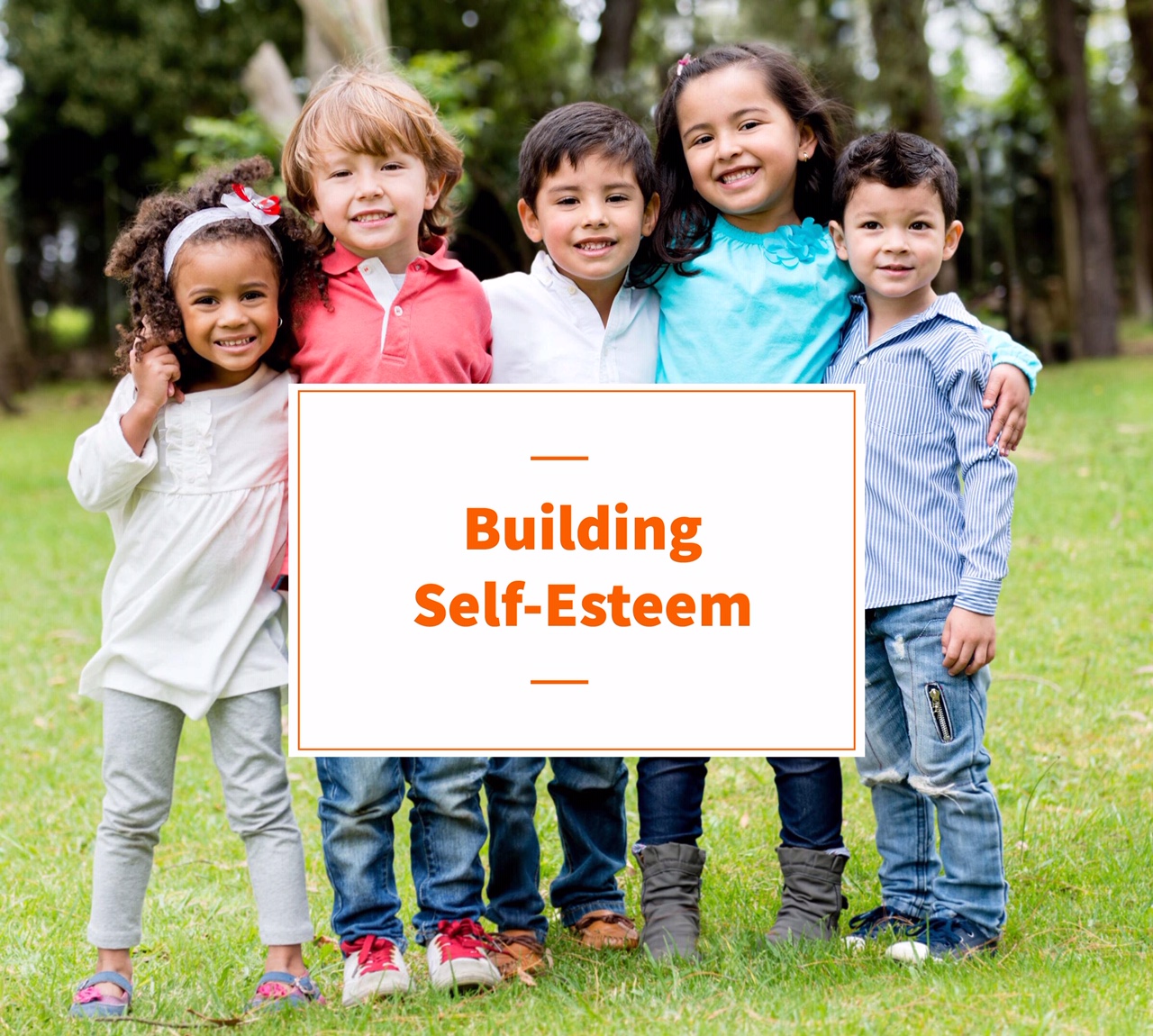Give Choices: We all feel more in control when we are given a choice and not forced to do something. Making choices gives children a sense of power, creates responsibility and allows them to learn from circumstances. For example, your child protests when you tell her to wear a hat on a cold day. She chooses not to wear a hat. That afternoon at the bus stop she realizes her ears are chilly and really wishes she would have chosen to wear to her hat, and next time she probably will.
Assign Chores: Chores are a way to teach responsibility and paid or unpaid they pave an early way to developing pride in a job well done. Children as young as toddlers can be assigned tasks around the house such as unloading the dishwasher, putting away laundry, sweeping, raking leaves, helping washing the car or even picking up dog poop!
Don’t Over-Praise: Try not to praise your child for every little thing, and save praise for special times when a job is extremely well done. Do not confuse praise with love. We should love our kids whether they succeed or fail and they need to know that too. Often we over-praise beginning in toddlerhood and children learn to expect praise in order to do well, when in fact they should be learning to want to do well for themselves regardless of praise. Instilling in your child that they are the best, special or perfect can actually be setting them up for failure.
Talk About Strengths & Weaknesses: Discuss on an age-appropriate level your child’s strengths and weaknesses and talk about the fact that while your child’s friend Megan is really great at reading in kindergarten, your child is really great at art in kindergarten and that’s what makes us unique. Let your child know that you don’t expect perfection, but that you always want them to try to do their best at whatever they decided to do. No one is perfect and they are unique and they do NOT need to be like everyone else in order to be successful.
Discuss Risks & Challenges: In order for young children to learn, they need to take risks and yes, they need to fail at some things and then try again. So step back and when your child wants to climb higher in the tree, let them try and if they fall, let them try again. Or when they want to join in with the older kids in a game of softball, let them try, and strike out and let them know that’s ok, at least they tried their best and rather than quitting they will get better with practice.
Be Sure They Know Your Love is Unconditional: Make sure your child knows that you love her no matter what. This means, that although she didn’t make the tee ball team or although she forgot her homework and got in trouble by the teacher that we all learn from our mistakes. Yours and their disappointment is temporary, but your love is forever.
Let Them Build Their Own Interests: Be careful about pushing your own interests on your children and instead let them decide what they want to try. But if they decide to join gymnastics or a soccer team and find that they aren’t as successful as they hoped, encourage them to stick it out and keep trying until the end of the season. This is how a child learns persistence and perseverance to overcome difficulties that may arise in life.
Finally, try to relax and let your child take the lead. Give them encouragement when they are feeling down and stress the process of learning new tasks rather than an outcome of perfection in all that they do. Let them build an inner sense of pride and self-esteem instead of relying on adults to make them feel special or accomplished.

